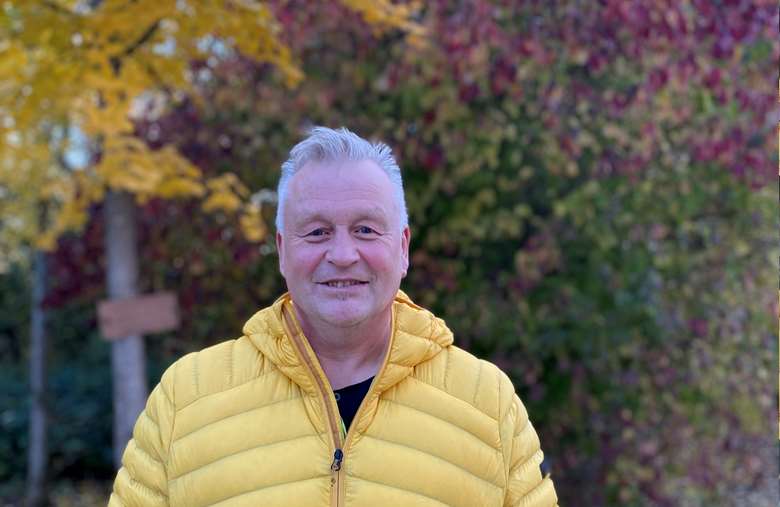Empowering children through outdoor adventure
Dr John Allan
Monday, July 17, 2023
‘Forgotten middle’ young people go to secondary school regularly, are neither the highest nor the lowest achievers and rarely misbehave.

Although not a homogenous group, these youngsters are defined as average learners hidden within a typical class who fail to fulfil their potential due to low self-esteem, reduced confidence, and difficulties in maintaining friendships.
Their behaviour generally reflects a ‘fixed mind set’ of achievement, where they believe their abilities cannot be changed. This perception results in these young people displaying an unclear vision of their future selves, resulting in an over reliance on others to help them to achieve their goals. Given these individuals also experience limited access to activities by which they can build their social and cultural capacity, suitable active remediation to address their needs is required.
The immersion of young people into outdoor natural settings have been shown to result in mental health-related benefits and wider skill development. Learning that activates as many senses as possible (seeing, smelling, touching, hearing, moving) and which takes place in fluid, real-world learning environments, is likely to be profound and yield better long-term recall than learning in uni-sensory settings. Importantly, this is not just the case for able and motivated youngsters; less engaged under-achievers also perform better in a natural environment, especially when exposed to high-quality, stimulating activities.
Designing and evaluating adventure experiences to facilitate health, well-being and vocational skills requires the use of evidence-based practices. Research suggests programming designed to address the specific needs of young people are more impactful than more generic approaches.
To allow ‘forgotten middle’ young people to express a positive voice and build skills required to unlock their potential, the charity The Inspiring Learning Foundation, in collaboration with Northampton University, designed, delivered, and evaluated a bespoke one-week outdoor adventure education residential programme. Data was captured using quantitative and qualitative approaches.
The programme used a contemporary growth-orientated approach in which participants were able to feel safe, secure, and cared about. This was coupled with recommended teaching and learning practices informed by an extensive literature review. This included activities which allowed the youngsters to: identify short-term achievable goals which had relevance to their everyday life; exposed them to a wide range of social, intellectual, and moral situations; avoided educational attainment grouping; enabled self-directed and shared learning; and offered movement beyond a knowledge-rich curriculum to one which valued their skills, attributes, and behaviours.
Findings from the programme suggested these young people were empowered to adapt their thinking and emotional capabilities, build positive self-identities, and create different ways of learning. To build upon the promise of these findings, future work should incorporate methodologies which concentrate upon the needs of vulnerable youngsters across different timeframes, transitions, cultures, stressors, and contexts. This may form part of multidisciplinary approaches to build the knowledge and cultural capital young people needed for them to succeed. This will invariably involve parents, schools, and youth support agencies who are best placed to understand the broader needs of young people.
These approaches could include the current phenomenon of ‘Ghost Children’ – young people who are severely absent from school since lockdowns were necessitated by the pandemic. In this way, the outdoors can be recognised as an integral mechanism which can formulate health, education and social care policy and practices.
Dr John Allan is an academic and outdoor adventure practitioner at Inspiring Learning, a global outdoor education provider based in the UK.




